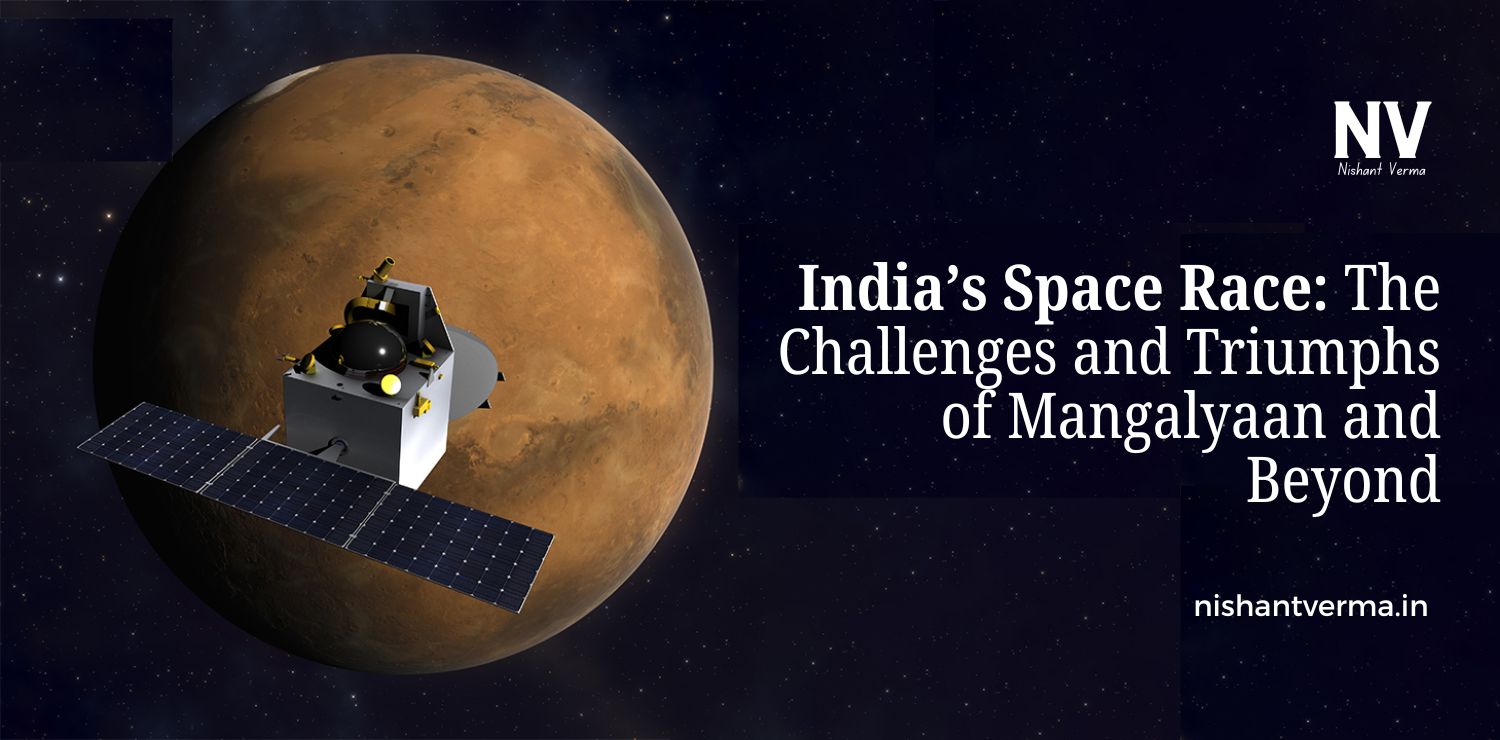In the 21st century, India has emerged as a major player in the global technology and digital trade landscape. With its vibrant tech industry, a growing number of skilled professionals, and increasing digital infrastructure, India has become an essential hub for technology and digital services globally. From providing software solutions to driving innovation in emerging technologies like Artificial Intelligence (AI), blockchain, and the Internet of Things (IoT), India’s role in the global tech industry is expanding rapidly. This article explores India’s growing influence in technology and digital trade, highlighting key sectors driving this growth and the global opportunities for India.
India’s Strong Digital Foundation
India’s digital transformation began a few decades ago, but it has accelerated in recent years due to several key factors. The rise of affordable internet access, the growth of mobile networks, and the government’s push for a digital India have all contributed to the rapid adoption of technology in the country. The availability of low-cost smartphones has also allowed millions of Indians to access the internet and various digital services.
One of the biggest drivers of India’s success in the digital world is its young, tech-savvy population. With more than half of its population under the age of 25, India has a large pool of highly educated individuals who are eager to learn and work in technology-related fields. Moreover, the country’s educational institutions, including the prestigious Indian Institutes of Technology (IITs), produce some of the best engineers, software developers, and tech experts in the world.
India’s tech-savvy workforce, combined with a favourable business environment, has made the country an attractive destination for global tech companies to set up operations. Many international tech giants, including Google, Microsoft, and Amazon, have established research and development (R&D) centers in India. This has further boosted India’s role as a global tech hub.

India’s Software Services and Outsourcing Dominance
One of the most significant areas where India has made its mark is in software services and outsourcing. Since the late 1990s, India has become the world leader in providing IT services to companies across the globe. Indian companies like Tata Consultancy Services (TCS), Infosys, Wipro, and HCL Technologies have established a strong presence in the global tech market, offering services such as software development, IT consulting, and system integration.
The outsourcing industry has been a game-changer for India, with millions of jobs created and a massive export market for software and technology services. India’s cost-effective labour, high-quality service delivery, and a large pool of skilled professionals have made it the go-to destination for businesses worldwide looking to outsource their technology and IT functions. This has helped India build a strong global presence and contribute significantly to the country’s economic growth.
In recent years, India’s outsourcing industry has shifted towards higher-end services such as AI, machine learning, cybersecurity, and cloud computing. This shift has allowed India to stay relevant and competitive in the ever-evolving tech industry, attracting more investments and creating advanced job opportunities for its workforce.
Digital Trade and E-commerce Growth
Another area where India has experienced significant growth is in digital trade and e-commerce. The rise of online shopping platforms such as Flipkart, Amazon India, and Myntra has made e-commerce one of the fastest-growing sectors in India. With a growing middle class, increased smartphone penetration, and improved internet access, India has become one of the largest digital markets in the world.
India’s e-commerce industry is projected to continue its rapid growth in the coming years, driven by the increasing number of internet users and the country’s young population. This expansion has opened up numerous opportunities for both domestic and international businesses. Foreign direct investment (FDI) in retail and e-commerce has increased, and global companies are increasingly looking to tap into the Indian market.
Moreover, India is also witnessing the growth of digital payment systems, with platforms like Paytm, PhonePe, and Google Pay revolutionizing the way transactions are conducted. The government’s push for a cashless economy and initiatives such as Digital India have made it easier for citizens to access digital financial services, further boosting the country’s digital economy.

India’s Leadership in Emerging Technologies
India has also taken a leadership role in driving innovation in emerging technologies like AI, blockchain, and IoT. With the increasing use of AI in industries like healthcare, agriculture, and finance, India is becoming a key player in the global AI race. The country’s strong tech talent, combined with its growing investment in AI research and development, has led to significant advancements in AI applications. For instance, Indian startups are leveraging AI to create innovative solutions in healthcare, education, and customer service.
Blockchain technology is another area where India is gaining recognition. Indian startups and businesses are exploring blockchain’s potential for improving transparency, reducing fraud, and enhancing security in sectors like finance, supply chain management, and governance. The Indian government has also shown interest in blockchain and has been working on policies to foster its adoption.
The Internet of Things (IoT) is transforming various industries in India, from manufacturing to agriculture. With IoT solutions, businesses in India are improving efficiency, reducing costs, and enhancing customer experiences. India’s leadership in these emerging technologies is helping shape the future of global digital trade, and the country is well-positioned to capitalize on these innovations in the coming years.
Government Initiatives Supporting Digital Growth
The Indian government has been a key enabler of the country’s growing role in global technology and digital trade. Several initiatives have been introduced in recent years to support the digital economy and promote technological innovation.
One of the most significant initiatives is the Digital India program, launched in 2015, which aims to transform India into a digitally empowered society and knowledge economy. Through this program, the government has focused on expanding internet connectivity, improving digital infrastructure, and promoting digital literacy across the country. This has helped millions of people in rural areas access government services, healthcare, education, and financial services online.
In addition to Digital India, other government initiatives such as Startup India and Make in India are encouraging innovation, entrepreneurship, and manufacturing in the tech sector. The government has also been working on improving data privacy laws and implementing policies to encourage the growth of digital trade, ensuring that India remains competitive in the global digital economy.

India’s Role in Global Digital Trade Partnerships
India’s growing role in global digital trade is not limited to the domestic tech market. The country is increasingly involved in digital trade partnerships with other nations and international organizations. India’s role in global trade agreements, such as those with the European Union (EU) and the United States, is helping shape the future of digital commerce and e-commerce regulations.
India is also an active participant in discussions on the future of digital trade in international forums like the World Trade Organization (WTO) and the United Nations (UN). The country has been advocating for policies that promote a free and open digital economy while addressing issues like data privacy, cybersecurity, and cross-border data flow.
As global digital trade continues to grow, India’s strategic position as a leading tech hub and digital economy will be crucial. The country’s involvement in international trade agreements and partnerships will help it remain competitive and contribute to shaping the future of global digital commerce.
Challenges and Opportunities for India
While India’s role in global technology and digital trade is expanding, several challenges remain. One of the primary challenges is the need for better digital infrastructure in rural areas. Although urban centres in India are well-connected, many rural areas still lack reliable internet access, which limits the reach of digital services.
Another challenge is the need for more investment in research and development (R&D) to foster innovation in emerging technologies. While India has made great strides in technology, more investment in R&D will be essential to maintain its competitive edge on the global stage.
Despite these challenges, the opportunities for India’s digital economy are immense. With a large and growing digital user base, a booming startup ecosystem, and a highly skilled workforce, India is poised to continue its growth as a global tech and digital trade leader. The country’s involvement in global partnerships and its focus on emerging technologies like AI, blockchain, and IoT will provide a foundation for sustained growth in the digital age.
Conclusion: Global Technology and Digital Trade
India’s growing role in global technology and digital trade is reshaping the country’s economic landscape and its position on the world stage. With its strong digital foundation, booming e-commerce industry, leadership in emerging technologies, and government initiatives supporting innovation, India is well on its way to becoming a global powerhouse in the digital economy. As the world moves towards an increasingly digital future, India’s influence in technology and digital trade will continue to grow, offering immense opportunities for businesses, professionals, and consumers alike.




